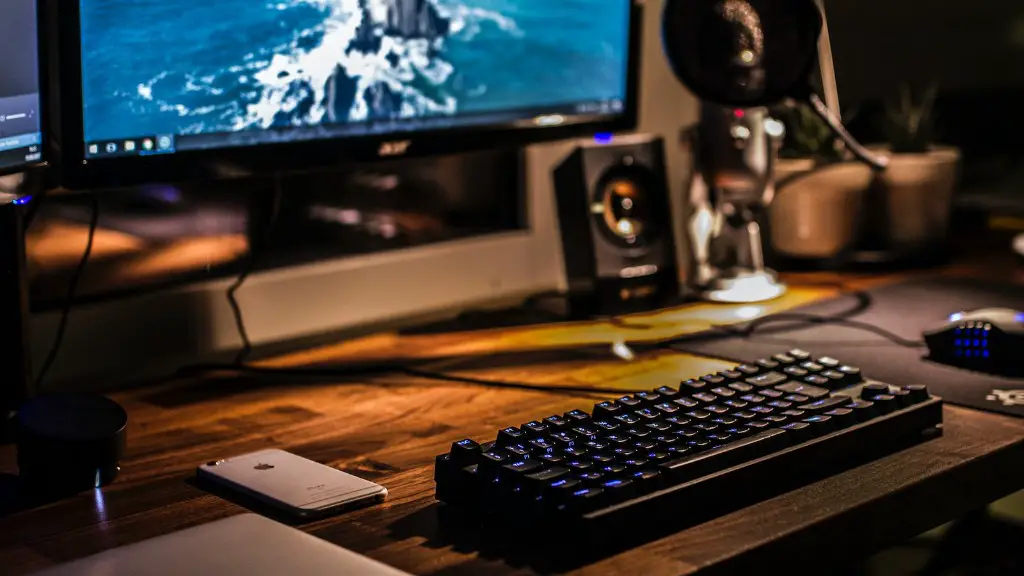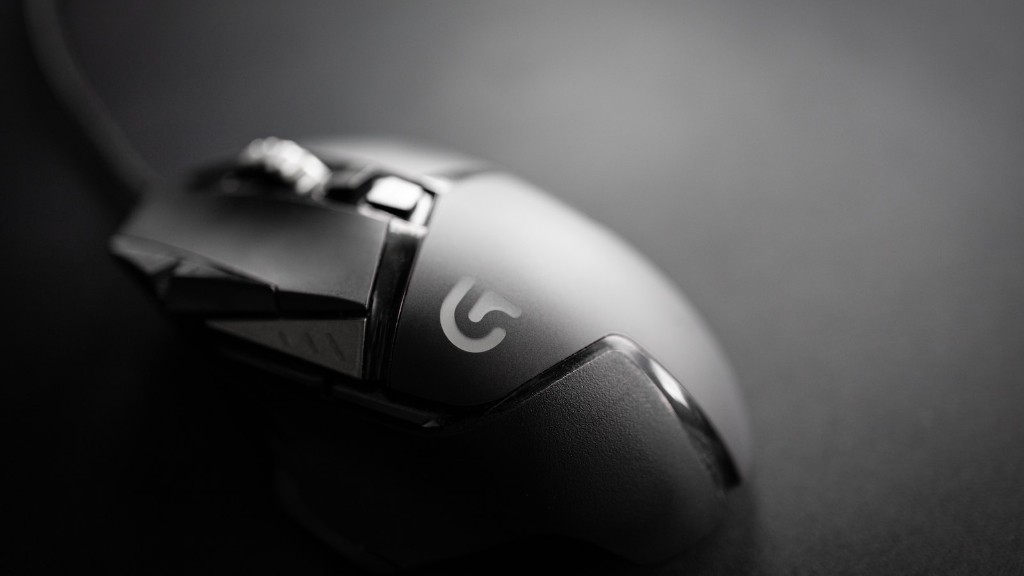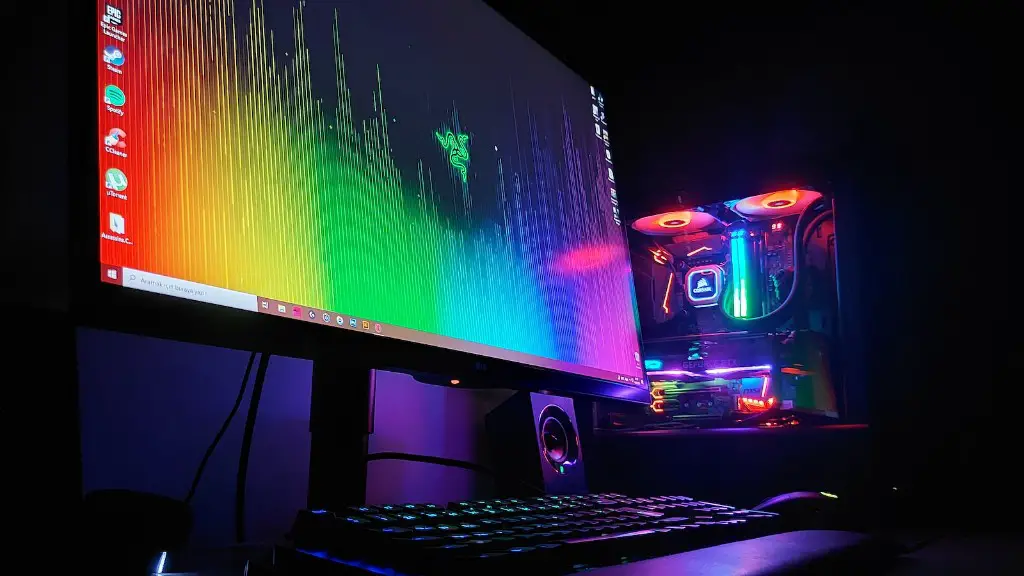Gaming PCs often fail to display what is happening, and this can be a very frustrating experience. There are several possible reasons for this problem, and diagnosing and resolving it can be a difficult task. In this article, we will discuss the most common causes of gaming PC not displaying correctly and how to find the root of the problem.
Hardware Issues
Hardware issues are the most likely cause of a gaming PC not displaying correctly. A faulty GPU or CPU, incompatible RAM, broken motherboard or power supply, or faulty ports can all lead to a lack of display. To diagnose a hardware issue, first make sure all the ports and cables are securely connected and there are no loose wires that could be interfering with the system.
Next, make sure the GPU and CPU are working correctly by testing them with a CPU tester. If the GPU and CPU are working, then you may have a faulty RAM module, motherboard, or power supply. To diagnose these issues, use a multi-meter or physical inspection to identify any broken parts or faulty connectors.
If the hardware components are all functioning properly, then it is likely that an incompatible component or outdated software is preventing the system from booting properly. This can be easily diagnosed by updating the BIOS, installing the latest drivers, and replacing any components that may be incompatible.
Software Issues
Software issues are another common cause of gaming PC not displaying correctly. Outdated drivers, corrupted files, and incompatible software can lead to a lack of display. To diagnose a software issue, check if any new software or updates have been installed recently. If so, try uninstalling them and see if the problem resolves itself.
Next, make sure the latest drivers are installed and are up to date. If not, install the latest version of the drivers from the manufacturer’s website or software. If the problem persists, it is likely that the files have become corrupted or there is an incompatibility with the current software version.
To resolve a corrupted file or compatibility issue, try reinstalling the operating system or driver. Make sure to create a backup before performing a reinstallation. If reinstalling the operating system does not resolve the issue, it is best to seek professional help.
BIOS Issues
BIOS issues can also lead to a lack of display. If the BIOS has been configured incorrectly, the system may be unable to boot properly. To diagnose a BIOS issue, check if any changes have been made recently. If so, try restoring the BIOS to the default settings and see if the problem resolves itself.
If the problem persists, it is possible that the motherboard is damaged or that there is a hardware incompatibility between components. To diagnose these issues, try resetting the BIOS and replacing any incompatible hardware. If the problem remains unresolved, it is best to seek professional help.
Overheating Issues
Finally, overheating can be a major problem for gaming PCs and can lead to a lack of display. To diagnose an overheating issue, first, make sure all fans are working and there is airflow to the system and GPU. If the problem persists, try using a cooling pad and check the temperatures using a temperature monitoring software.
If the temperatures are too high, then it is likely that there is a hardware problem or the system is overclocked. To diagnose these issues, try resetting the BIOS, checking for a faulty fan, or replacing any incompatible components. If the problem persists, it is best to seek professional help.
Power Issues
Power issues are another cause of gaming PC not displaying correctly. If the power supply is not providing enough power, the system may not be able to boot properly. To diagnose a power issue, make sure the power supply is connected correctly and is providing a steady voltage. If the power supply is faulty, it may need to be replaced.
If the power supply is working correctly, then the problem may be caused by a faulty motherboard or an incompatible component. To diagnose these issues, try resetting the BIOS, replacing any faulty components, and installing the latest drivers. If the problem remains unresolved, it is best to seek professional help.
Virus Issues
Viruses and malware can also cause gaming PCs to not display correctly. To diagnose a virus issue, first make sure the system is up-to-date with the latest anti-virus and anti-malware software. If the problem persists, try performing a full system scan and removing any threats that are identified.
If the problem remains unresolved, then it may be caused by corrupted files or an incompatibility between the current software version and the virus protection software. To diagnose these issues, try reinstalling the operating system or the anti-virus software, or performing a clean boot. If the problem persists, it is best to seek professional help.
Faulty Display Component
Finally, a faulty display component can be the cause of gaming PC not displaying correctly. To diagnose a display issue, make sure the display cable is securely connected and the display port is functioning properly. If the problem persists, then the GPU may need to be replaced or the motherboard may need to be reset.
If the GPU is functioning properly, then it is likely that the problem is caused by a corrupted or incompatible driver. To diagnose this issue, try reinstalling the driver or replacing any faulty components. If the problem persists, seek professional help.


